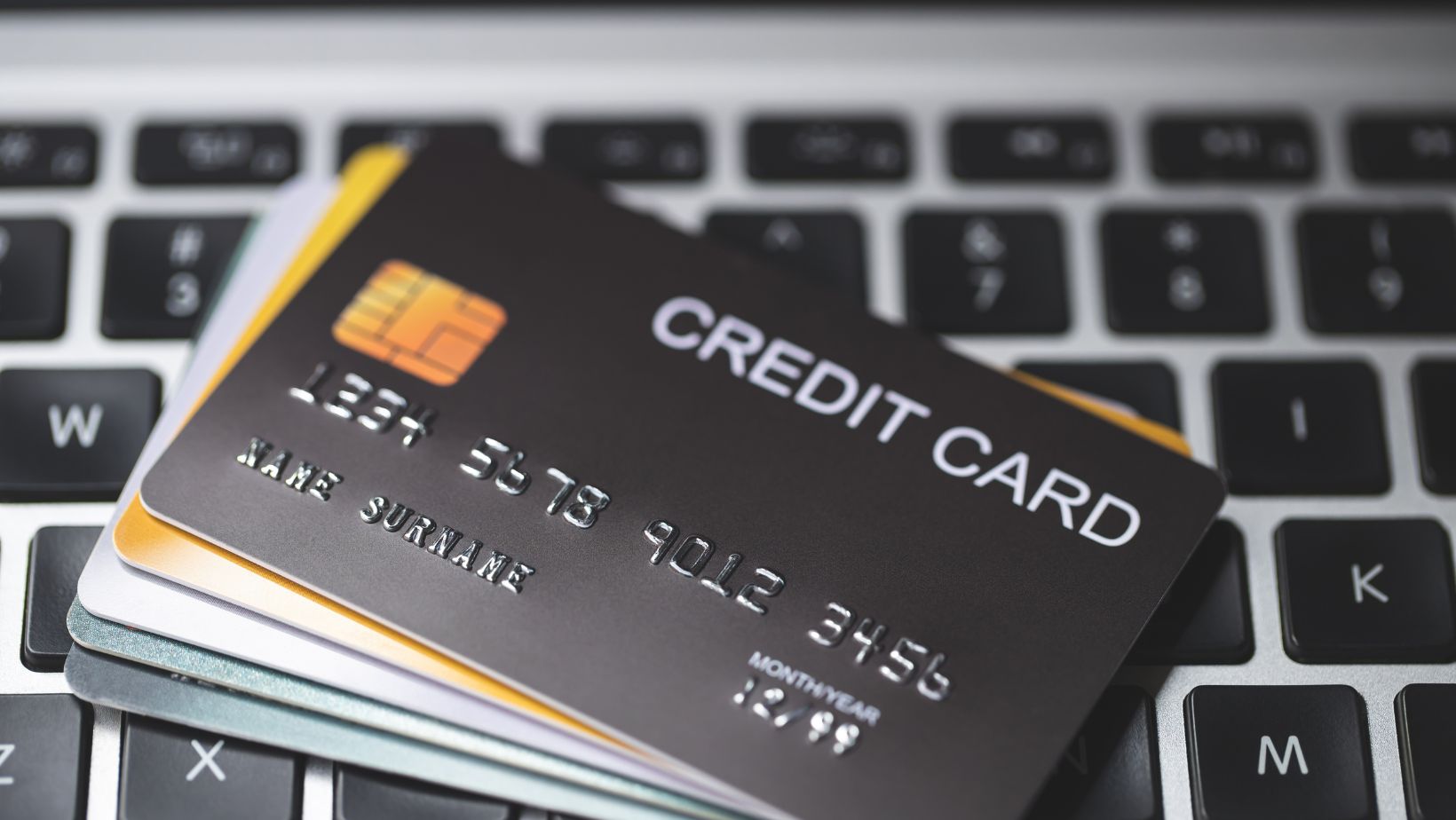
Starting a credit repair business from home is an exciting opportunity for entrepreneurs seeking flexibility and financial independence. When launching this type of business, it is crucial to understand whether you need a credit repair license. Regulations vary by state, and having the right credentials can help build trust with clients and ensure your business remains compliant. This article will guide you through the essential steps to establish and grow a successful credit repair business from the comfort of your home.
What is the Credit Repair Industry?
The credit repair industry plays a crucial role in helping individuals restore the health of their financial status by correcting errors in their credit reports. Most consumers encounter problems with late payments, outdated information, or identity theft. Such mistakes can drastically affect a person’s credit score, potentially preventing them from obtaining loans, mortgages, or even employment. Your role as a credit repairer is to represent clients by challenging incorrect information and negotiating with credit bureaus to improve their credit ratings.
There are numerous benefits of working at home in this area. You do not incur overhead expenses such as rent and utilities for an office, and you can establish a flexible working schedule based on your preferred lifestyle. Nevertheless, this line of business is located remotely, which also requires discipline, good communication skills, and practical digital tools that will help store client information safely and efficiently.
How to Start Your Credit Repair Company
The process of starting a credit repair business begins with a plan. The first thing that you need to do is to research what your state says about a credit repair license. Some states may not require you to have a license or register your business with the relevant regulatory agencies, while others do. Although a license may not be necessary, it is essential to comply with federal regulations, including the Credit Repair Organizations Act (CROA), to avoid legal entanglements. This act regulates the activities of the credit repair companies and safeguards consumers against fraudulent practices.
Then, develop a more comprehensive business plan that includes your target market, services, pricing structure, and marketing strategies. Specifying which group of people you can help (e.g., identity theft victims, individuals with student loans, small business proprietors) can make your services stand out in a competitive market. Choose whether you are going to provide free consultation or package offers, and explain what your services can do for the clients.
It is also essential to invest in proper tools. Quality credit repair software can automate the creation of dispute letters, track client progress, and securely store documents. Many programs have built-in compliance capabilities, ensuring your business remains in good standing with the law. Additionally, it is a good idea to establish a professional website with contact information and descriptions of services, which will attract and convert customers. Integrate educational details on credit repair to create authority and trust.
Conducting successful home-based marketing for your credit repair business requires a multi-channel approach. Use social media, write informative blog posts, and connect with local real estate agents, mortgage brokers, and financial advisors who can refer clients. You will also reach out to more people through online advertising and search engine optimization (SEO). It is essential to keep clients well-informed through phone conversations, emails, or video calls, which will raise satisfaction and lead to word-of-mouth advertising.
Trust and Compliance Ensuring
The most essential thing in the credit repair business is trust. Because clients entrust you with important personal data, the security of their information is the priority. Client records should be secured via secure cloud storage services and encrypted communication channels. Being open about what you will do, when, and what may happen will create more realistic expectations and create a level of credibility.
The adherence to laws is not only the avoidance of a fine; it is an increase in your reputation and success in the long run. Get to know the CROA, the Fair Credit Reporting Act (FCRA), and state regulations. Always provide a written agreement to clients that explains the services you offer, the charges, and their right to cancel. Do not promise particular results of credit score improvement, because it depends on specific cases.
Staying up to date by learning the latest credit repair laws and best practices will help keep your business current. To enhance your understanding and networking opportunities, consider joining professional associations or attending relevant webinars. These satisfied clients can be converted to loyal advocates of your business by providing them with superior customer service and ethical treatment.
Conclusion
It is entirely possible to start a successful credit repair business from home, provided you have the proper preparation and the right attitude. The realization of the necessity of a credit repair license and compliance with the law are proper foundations. With the help of a clear business plan, the investment in the appropriate tools, and the emphasis on open communication with clients, you will be able to create a reputable business that will really help people make their financial futures brighter. By being committed and professional, your home-based credit repair business can be expanded gradually, providing not only personal satisfaction but also economic gratification.



